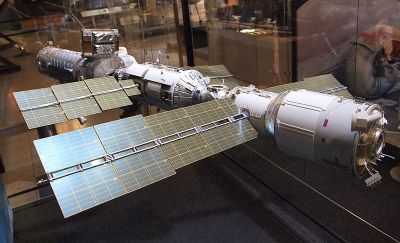

We may not be aware of it but space systems and space-based technologies are a critical part of our daily lives. From telecommunications to television, weather forecasting to global financial systems, most of the key services that we all take for granted in the modern world depend on space in order to function properly.